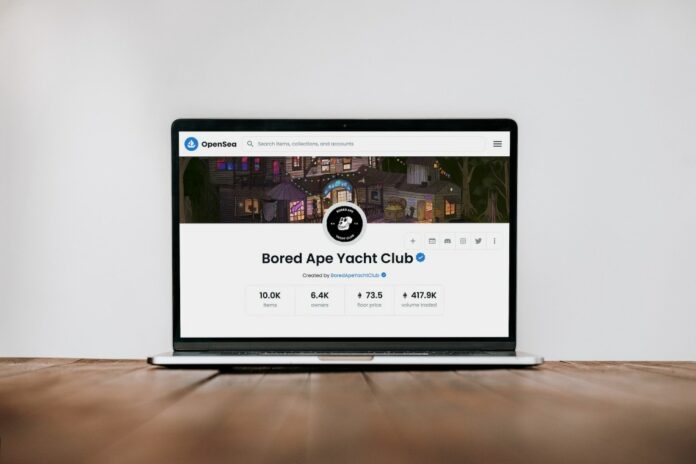OpenSea has announced that it will switch to optional fees for NFT creators, effective 31 August. From that time, the marketplace will abolish the Operator Filter that was launched last November 2022.
Summary
OpenSea and optional fees for NFT creators
In a roundup of tweets, OpenSea announced that as of 31 August, the marketplace will switch to optional fees for NFT creators.
Basically, OpenSea clarified that for existing collections currently using the Operator Filter (until 31 August), the creator rates designated on OpenSea will apply until 29 February 2024. After that date, creator rates will be optional.
The same also applies to all existing NFT collections on all non-Ethereum blockchains.
Finally, for all new collections, NFT creator fees will be optional starting 31 August.
Not only that, OpenSea is also updating the user interface so as to add a filter to the collection page to help buyers search for listings that pay the creator’s preferred rate. However, for sellers, OpenSea is trying to make it easier for them to choose the creator’s preferred rate or set their own custom rate at the time of listing.
OpenSea: NFT marketplace abolishes Operator Filter
As highlighted in its blog post, OpenSea wanted to clarify that the Operator Filter did not work, describing the reasons why.
Basically, the Operator Filer is a tool designed to give creators more control by restricting the sale of their collections to web3 marketplaces that charge creator fees in secondary sales.
Launched in November 2022, the on-chain tool is a simple code snippet that creators can add to their NFT contracts. Thus, OpenSea would have applied creator fees only for new collections using an on-chain application tool.
This would have limited NFT sales to marketplaces that charge creator fees, blocking trading of NFTs on those marketplaces listed at zero or optional royalties.
Not only that, during December 2022, OpenSea had also integrated Operator Filter oversight from CORI – Creator Ownership Research Institute.
It would be a group of companies such as OpenSea, Nifty Gateway, Zora, Manifold, SuperRare and Foundation that would use a multi-signature portfolio to make changes to that registry.
In any case, not even a year after its introduction, such an Operator Filter would have worked if all members of the Web3 ecosystem had given the required consent. Which, however, did not happen.
The integration of the Zora network
Last month, OpenSea announced that it had added support for the Zora network, a new chain designed to minimize costs for creators and better support the chain’s media and culture.
This announcement came just two weeks after the launch of Zora, which took place exactly on 21 June.
Yet, the Zora network is already supported by more than 45 platforms, including Sound, Mint.Fun, Galley, Highlight, and Rainbow.




